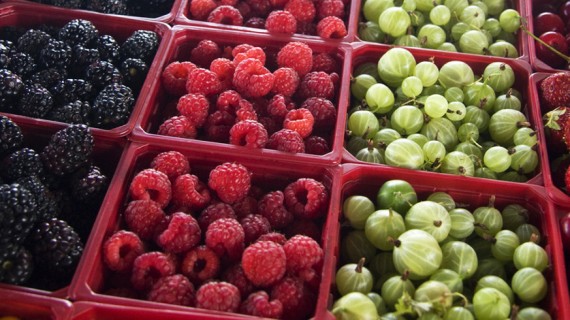What is the ecological footprint of the food industry? Find out about the food’s carbon footprint and how to reduce it every day
We forget to take care of the Earth, but without it, we are condemned. We need to make a difference and start healthy cohabitation with our planet. Over the years, our planet has experienced an extremely delicate balance. If we continue to exploit resources carelessly, the end could be closer than expected, and climate change is proving that more and more every year. We have to start thinking about all our choices and ask ourselves what are the consequences of our actions at the environmental level, especially when it comes to our diet. In fact, a third of the industry that contributes to greenhouse gas emissions is food, not just in transportation, but also in food production.
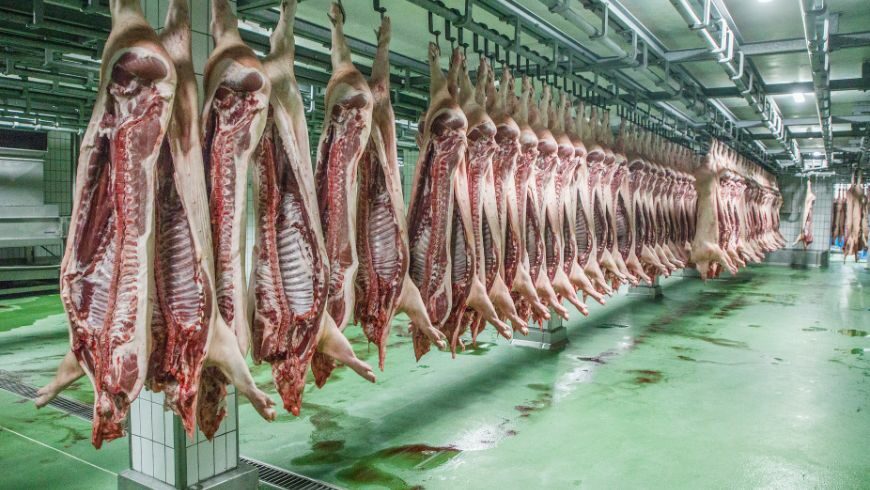
Food’s carbon footprint: the environmental impact of nutrition
In the beginning, it was quite difficult to assess the real impact of the foods we consume without any reference, but thanks to a group of UK researchers, we were able to measure the environmental cost of around 57,000 products sold in supermarkets. Four parameters are taken into account: greenhouse gas production, land use, water consumption and the quantity of phosphates discharged into water or air.
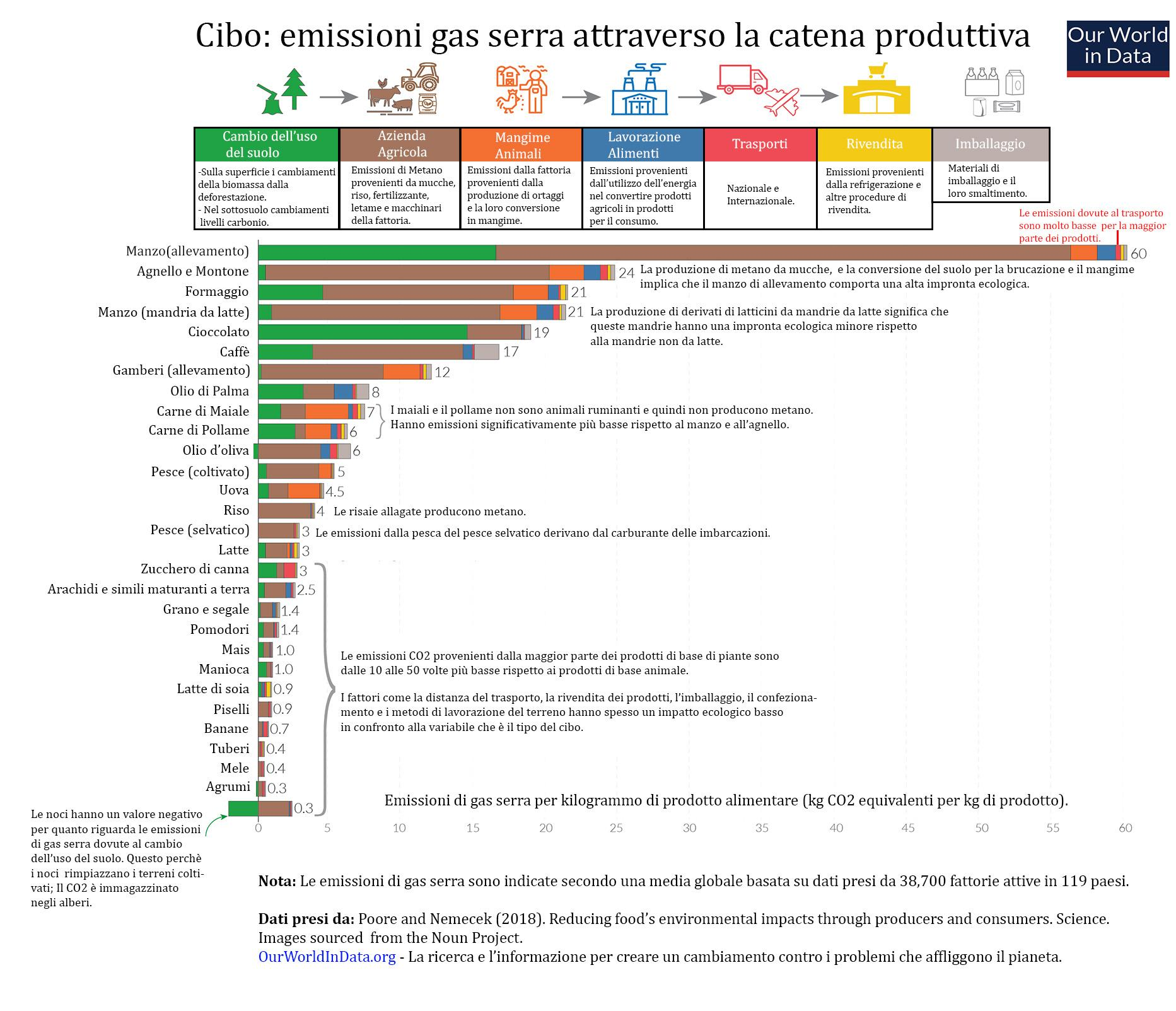
This analysis concluded that the production of meat, fish and dairy products has a catastrophic impact on the environment compared to cereals, fruits and vegetables.
THE DARK SIDES OF FOOD
Our diet relies primarily on animal proteins whose production not only causes suffering for billions of animals, but also destroys the environment. The richest forests in biodiversity, which enable us to fight climate change, are only cut down to increase grazing and produce food for intensive farms.
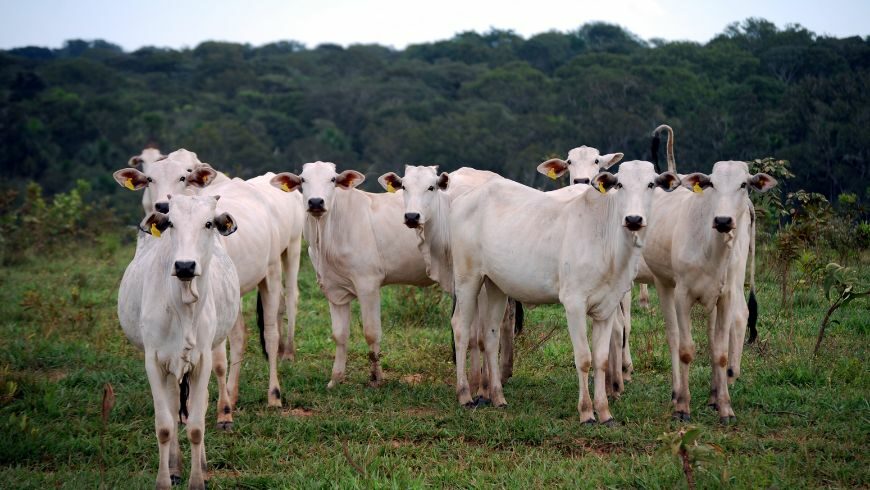
Moreover, according to the Institute for Agriculture and Trade Policy, dairy production pollutes more than the world’s two biggest fossil fuel producers. In one year, industrial pollution is comparable to greenhouse gas emissions from nearly 7 million automobiles.
WHAT ARE WE SUPPOSED TO DO?
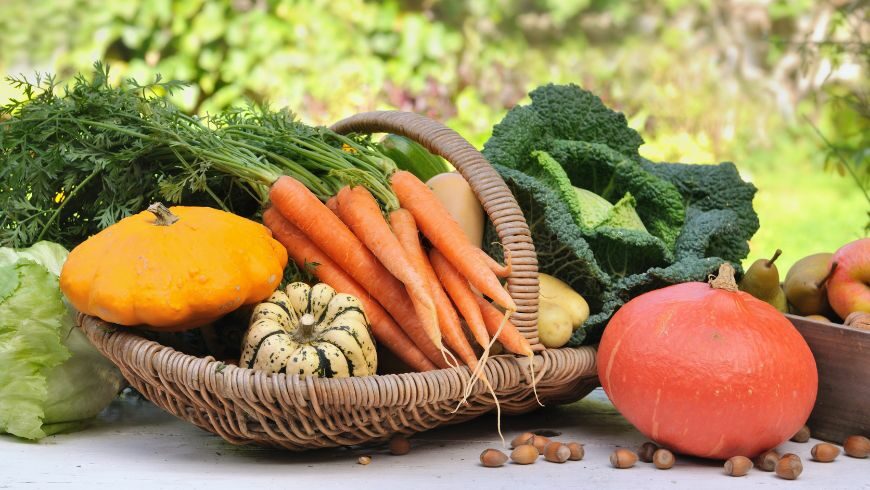
We hold in our hands the power to change and bring relief to our world.
Of course, changes are not easy for anybody, but they are also fundamental to improving the health of the planet and ours.
Animal protein should be reduced or eliminated and replaced with soy and tofu, for example, which also have a higher level of nutrition than meat. When you do groceries, you need to take precautions, such as purchasing only what you need to avoid waste and encourage the purchase of seasonal, organic, and zero-kilometer food.
Cover image: food’s carbon footprint, photo via Canva pro

Author: Martina Romanin. Hi! I’m Martina, a student of Modern Languages for Tourist and Business Mediation at the University of Trento. I love to travel and discover local cultures as a local. I love walking in nature and listening to good music when I want to relax. Right now I am in Tenerife to carry out the Erasmus + program


